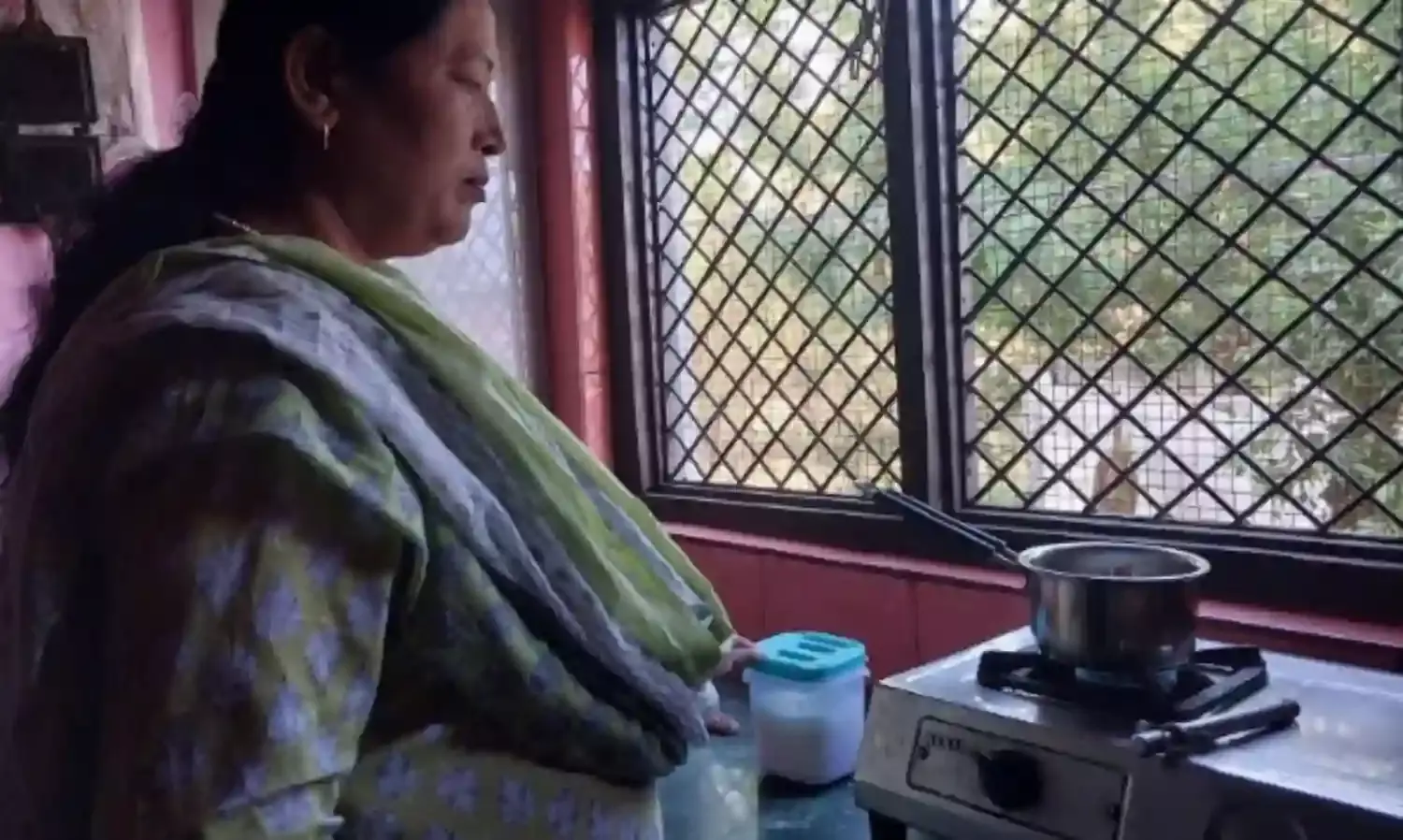Khajuraho Tourism Picks Up With More Women Involved
Emphasis on safety for women travelers

After facing initial resistance from her husband who opposed her stepping outside and joining the paid workforce, Afroz Begum now cooks for guests who stay at the homestay Aashiyana, situated on Lalguwan Road, Khajuraho.
“There are two rooms for visitors here. I make breakfast, lunch and dinner for them. There is no standard menu. I prepare whatever they ask for and it is a pleasure to work in the homely atmosphere,” she shares.
Life changed for Afroz Begum after her decision to join Adhar, a non-profit run by Mehrun Siddique, in 2013. Aashiyana is part of their activities and is housed in the same building as the office. Besides working in the areas of child rights and child protection, the organisation also works with the Madhya Pradesh Tourism Board with the aim of making Khajuraho a safe destination for women travelers, especially those who love to travel alone.
Many local residents, who used to stay at home, have got jobs under a safe tourism initiative being run by the Madhya Pradesh government since 2021. The aim is to make women feel safe on solo tours.
“Women between the ages of 18 and 45 have been trained in various roles like cooking, baking, housekeeping and front office management among others. This helps women become self-reliant and open to jobs,” says Sapna Shukla, who has worked in Adhar since 2021.
Women who are interested in paid work are identified and told about the training in detail. They are required to fill up forms and undertake the training programmes organized at various locations. Visits are then conducted in hotels to place them for employment, Shukla explains. Sometimes, training is organised at the Aashiyana homestay and even at hotels.
“The training period differs for different skills. For instance, e-rickshaw training is held for 45 days whereas training for front-office jobs can stretch up to three months. If there are women around, female travelers feel safe. If a woman visitor reaches the bus stand or railway station late at night, it is safe for her to board an e-rickshaw run by another woman,” says Shukla.
Besides professional training, women who work at various hotels have also been taught self-defence with whatever is readily available to hand. The idea is to make women working in hotels or driving e-rickshaws feel physically safe. The programme aims to train 3,200 women by March. High school and college students have also been included in the programme.
Shukla says that challenges exist. “Sometimes, women are willing to work but face opposition from family members. Many parents do not welcome the idea of daughters going out to work. Working in hotels is not considered safe. On the part of Adhar, talks are conducted with parents and even husbands to remove any kind of mental barrier. With women joining the workforce, some men also feel threatened.”
So far, 200 women have been trained in skills related to tourism in Khajuraho alone. The programme aims to train 800 women including in the three nearby tourist destinations of Madla, Panna and Ajaygarh.
About 120 women have been placed in hotels in Khajuraho so far. Their salaries range between Rs 6,000 and 8,000. While some women prefer to work as street vendors, those who have more experience apply directly for higher paying jobs. But women still only work the day shifts. The idea of working night shifts is still not popular, though Shukla mentions two women who worked night shifts at a Khajuraho hotel.
For Afroz Begum, who serves the reporter coffee and Bundelkhandi tharula to taste, working in Adhar has been a nice experience.
“When I joined Adhar all those years back, I did not know the concept of a non-profit. Slowly, I started working for child protection. My husband resisted my involvement but then he gradually changed. My initial years were of struggle. People would pass comments whenever I stepped outside the house. Now, my husband helps me in the kitchen and even chops vegetables for dinner,” she explains.
Shukla explains that Khajuraho being a tourist destination, it is important to hold awareness campaigns on child protection besides welcoming women into the workforce. Children needed to be guided on safety. Sometimes they would talk to tourists or run after them for money.
The attitude of some women has changed perceptibly after they landed jobs, says Shukla. “Many women who used to come in sarees and chappals with veiled faces changed their dress. While some switched to salwar suits, others started wearing makeup and shoes,” says Shukla.
Siddiqui says Adhar “has been working for a long time in Khajuraho. Adhar has worked with women, children, street vendors and other stakeholders in the tourism sector. My focus has always been to keep children away from tourism and bring women to the workforce.”
Besides involving women in tourism, a local organisation called Stargazing India is also training Khajuraho residents in astronomy. The aim is to provide them a livelihood opportunity and prepare astronomy guides to boost night tourism in the region. Narendra Gaur, who imparts the training to young people, shares that he experimented with the idea during the Rann of Kutch Utsav (festival) and is looking for all-India exposure now.
Avinash Tiwari, who owns the Lakeside Hotel in the city, says that Khajuraho came to a standstill during the pandemic and is picking up once again. “Many people in this small place depend on tourism for livelihood. The city always has a floating population who come and go. Many pilgrims come to visit the Bageshwar Dham, a religious site in Chhattarpur.”
Tiwari enumerates certain problems associated with tourism here. “The Shivsagar Lake is in need of cleaning. Too many street vendors occupy the footpaths, which should be left free for pedestrians. As people here depend on tourists, visitors should not face problems.”



